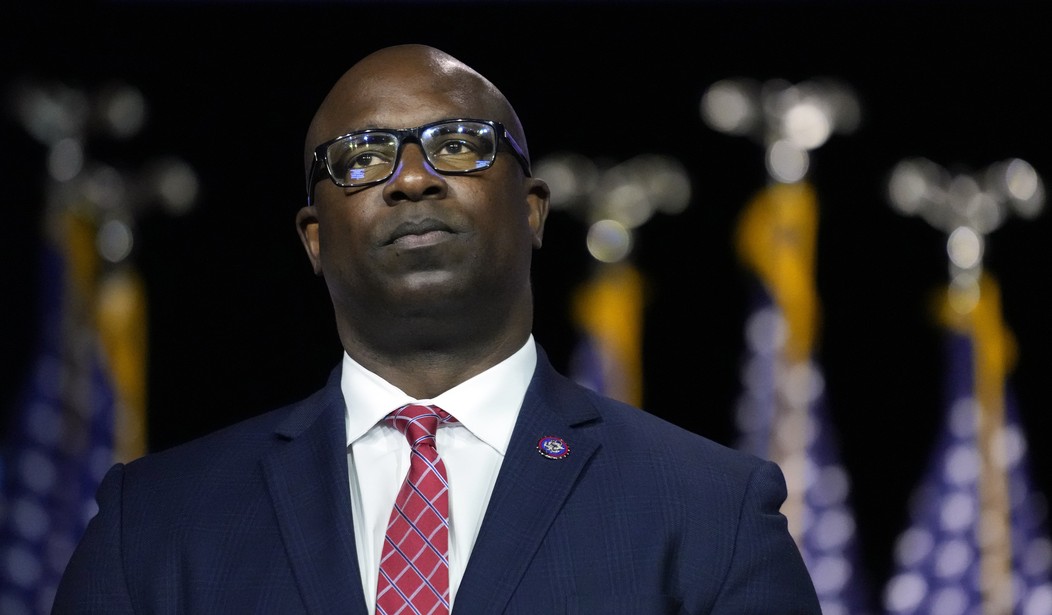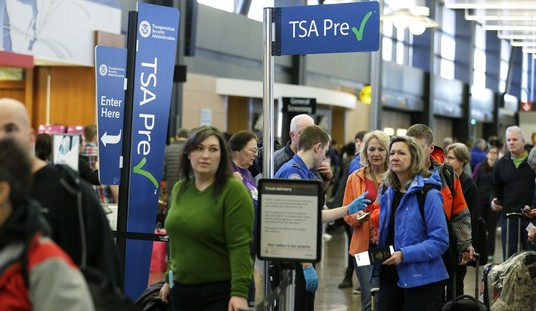Democrat Rep. Jamaal Bowman of New York is calling for reparations from the federal government.
Despite the massive price tag of reparations—$14 trillion—Bowman argued there’s a way to pay for it "without raising taxes on anyone.”
“When COVID was destroying us, we invested in the American people in a way that kept the economy afloat,” Bowman told The Journal News. “The government can invest the same way in reparations without raising taxes on anyone.”
“Where did the money come from?” he added. “We spent it into existence.”
Bowman is among 14 Democrats supporting H.R. 414, a resolution introduced last year that recognizes the U.S. “has a moral and legal obligation to provide reparations for the enslavement of Africans and its lasting harm on the lives of millions of Black people in the United States.”
To put the price-tag in perspective, the federal government spent about $7 trillion in 2020, about 28% of the nation's $25 trillion ecomomy.
There are about 42 million African Americans in the United States, representing 12% of our nation’s population, according to the 2020 census. That means the proposed reparations program could deliver roughly $333,000 per person. Bowman said it could be paid over decades.
“Who says the $14 trillion needs to be paid out in one shot?” said Bowman. “It might be possible for it to be paid out over 5 or 10 or 20 years. You could take that $333,000 and break it up into monthly checks over X amount of time. There are creative ways to do the right thing and do what needs to be done.”
For Bowman, the reparations discussion encompasses a broad look at racial inequities across American society, including housing, mass incarceration, higher education and wealth inequality.
The bill co-sponsored by Bowman, which was introduced in 2023, comes 35 years after a bill to set up a federal commission to study reparations was first introduced. That bill remains pending and was reintroduced again this year as well.
Bowman's bill, meanwhile, lacks a Senate sponsor, which means it won't advance, even if it passes the U.S. House. (The Journal News)
Recommended
The push for reparations at the federal level among progressive lawmakers comes as similar efforts have been undertaken in California and are getting off the ground in New York.
























Join the conversation as a VIP Member